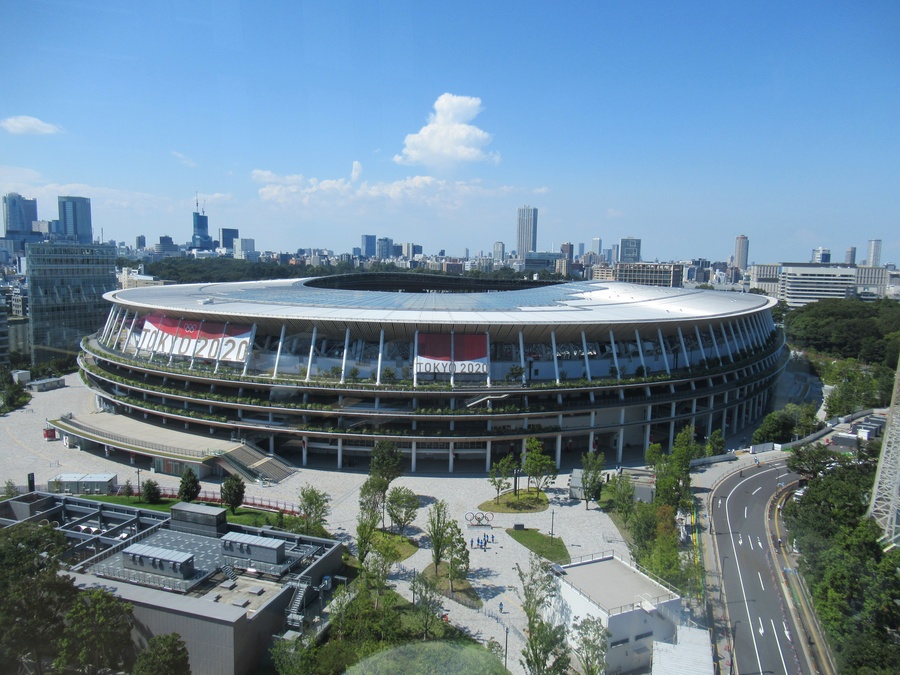Kuwait City, Kuwait, December 31, 2021: The Tokyo 2020 Olympic Games finally took place from July 23 to August 8, 2021 – and proved to be well worth the wait.
Despite the restrictions caused by the Covid-19 pandemic, with no spectators in the magnificent venues and strict health protocols in place for athletes and officials alike, Tokyo 2020 was a great success.
The event still generated an Olympic buzz, not only in Tokyo and throughout Japan but around the world, as the action unfolded and a new chapter was written in the Games’ long-running success story.
On the field of play, China finished second in the medals table with 38 gold, 32 silver and 18 bronze medals for a total of 88 – behind only the United States with 39-41-33 (113).
Host nation Japan came in third with 27 gold medals, 14 silver and 17 bronze for 58 total medals, and Korea also finished in the Top 20 nations with 6-4-10 (20) and 16th place.
Of the 43 Asian National Olympic Committees taking part, 12 of them struck gold and 22 went home with at least one medal.
The Philippines and Qatar (2) won their first gold medals in Olympic history, while Turkmenistan won their first ever Olympic Games medal, a silver, to create news around the world.
Tokyo 2020 was the second leg of Asia’s Olympic hosting hat-trick, following the PyeongChang 2018 Winter Olympics and setting the scene for Beijing 2022, and the OCA is proud of the contribution of Asia to the global Olympic movement as a trusted partner.
Later in the year, the OCA held its 40th General Assembly in Dubai on November 21 and the meeting confirmed two new host cities: Phnom Penh, capital of Cambodia, for the 5th Asian Youth Games in 2029 and Riyadh, capital of Saudi Arabia, for the 7th Asian Indoor and Martial Arts Games in 2025.
With the Asian Games host cities already in place for the next four editions – Hangzhou 2022, Aichi-Nagoya 2026, Doha 2030 and Riyadh 2034 – this further demonstrates the unity and solidarity of the Olympic movement in Asia and the development and capabilities of our National Olympic Committees.
Behind the scenes, the OCA worked closely throughout the year with local organising committees of upcoming multi-sport games to monitor the ever-changing global situation and, where necessary, to find suitable date for events that had to be postponed.
The OCA also continued to host virtual committee meetings and webinars to keep stakeholders involved in the decision-making process and make sure that the Olympic movement continued to move forward, despite the difficult circumstances, and produced guidelines and recommendations for the important issues that have emerged.
At the end of 2021, the OCA congratulates our NOCs for their major contribution to the success of Tokyo 2020 and thanks them for their patience, understanding and teamwork in laying the foundations for a bright future.

